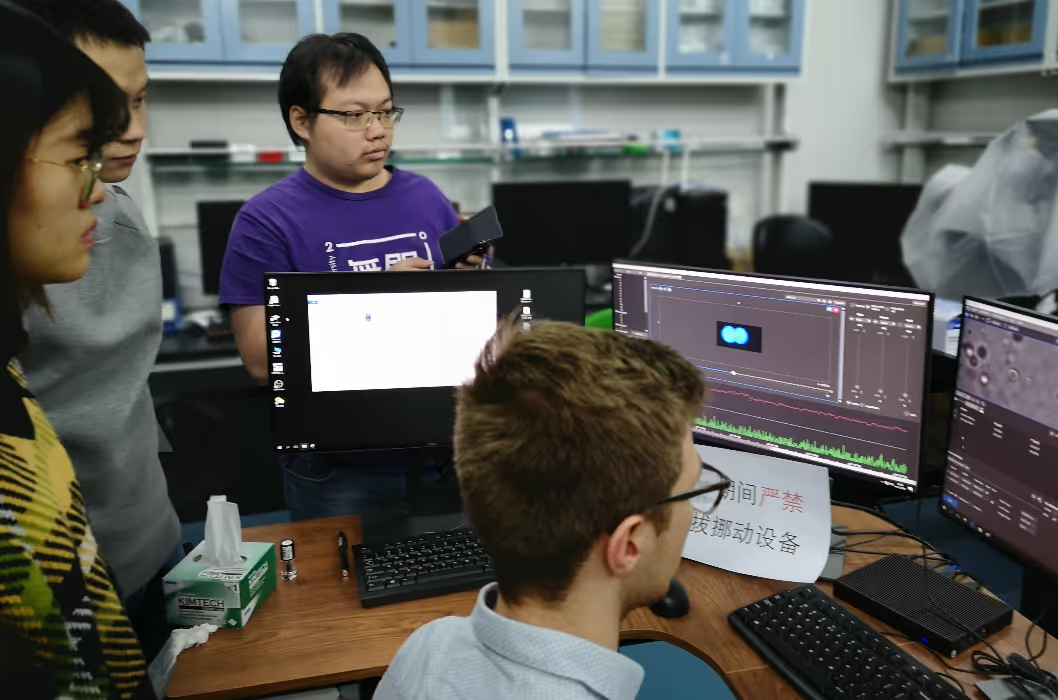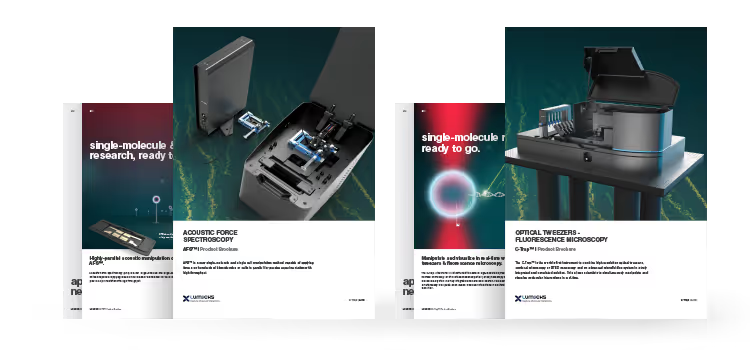News & press
Learn all about what’s happening at LUMICKS
Thank you! Your submission has been received!
Oops! Something went wrong while submitting the form.
Thank you! Your submission has been received!
Oops! Something went wrong while submitting the form.
LUMICKS launches Avidion to improve cell therapy development
Press release
September 9, 2025
01-01-20
This is some text inside of a div block.
LUMICKS launches new generation of dynamic single-molecule analysis instruments setting new standards for life-science research.
Press release
February 16, 2018
01-01-20
This is some text inside of a div block.
New Centre of Excellence in Dynamic Single-Molecule Analysis for Accelerated Drug Discovery in collaboration with AstraZeneca and the University of Cambridge
Press release
June 27, 2018
01-01-20
This is some text inside of a div block.
Minister van Engelshoven Inaugurates New LUMICKS Headquarters in Amsterdam
Press release
September 16, 2019
01-01-20
This is some text inside of a div block.
LUMICKS opens new branch office in Beijing to serve the Asian market
Press release
August 28, 2020
01-01-20
This is some text inside of a div block.
LUMICKS enters collaboration with Glycostem to enhance NK cell-mediated immunotherapy
Press release
July 30, 2020
01-01-20
This is some text inside of a div block.
INmune Bio acquires z-Movi® Cell Avidity Analyzer to accelerate the selection of NK cell products for cancer treatments
Press release
July 22, 2021
01-01-20
This is some text inside of a div block.
Introduction of LUMICKS consumables and script-sharing platform to facilitate faster, easier, and more reproducible Dynamic Single-Molecule analysis
Press release
October 2, 2020
01-01-20
This is some text inside of a div block.
LUMICKS enters strategic collaboration with Leucid Bio to evaluate next-generation pCARs
Press release
October 30, 2020
01-01-20
This is some text inside of a div block.
LUMICKS enters collaboration with LAVA Therapeutics to characterize its tumor-specific γδ T-cell engagers
Press release
December 4, 2020
01-01-20
This is some text inside of a div block.
LUMICKS to return COVID-related relief funding to Dutch and US governments
Press release
May 18, 2021
01-01-20
This is some text inside of a div block.
LUMICKS Raises $93 Million in Series D Financing
Press release
April 15, 2021
01-01-20
This is some text inside of a div block.
Regensburg Center for Interventional Immunology adopts LUMICKS’ z-Movi® Cell Avidity Analyzer
Press release
May 26, 2021
01-01-20
This is some text inside of a div block.
LUMICKS Continues Efforts to Offset CO2 Emissions Generated by Global Travel by Planting Trees on Former Farmland
Press release
June 16, 2021
01-01-20
This is some text inside of a div block.
First Center of Excellence on Dynamic Single-Molecule Studies for Brain and Disease Research Established in Belgium
Press release
July 28, 2021
01-01-20
This is some text inside of a div block.
LUMICKS Appoints Paul Wheeler to Leadership Team as Chief Commercial Officer to Drive New Business Growth
Press release
August 17, 2021
01-01-20
This is some text inside of a div block.
LUMICKS Strengthens Board of Directors with Two Key Appointments
Press release
September 30, 2021
01-01-20
This is some text inside of a div block.
LUMICKS Announces New Additions to its Executive Management Team
Press release
November 17, 2021
01-01-20
This is some text inside of a div block.
LUMICKS Appoints Joshua Young as Vice President of Investor Relations, Communications and Strategy
Press release
October 27, 2021
01-01-20
This is some text inside of a div block.
LUMICKS Announces Adoption of z-Movi® Cell Avidity Analyzer by Two Major Centres for Cancer Immunology
Press release
January 10, 2022
01-01-20
This is some text inside of a div block.
LUMICKS Welcomes World-Renowned Scientists and Business Executives to Scientific Advisory Board
Press release
December 15, 2021
01-01-20
This is some text inside of a div block.
New study published in Translational Medicine highlights cell avidity’s power as a functional biomarker for improved CAR-T design in preventing tumor escape
Press release
January 23, 2022
01-01-20
This is some text inside of a div block.
LUMICKS Announces the Installation of its Quadruple C-Trap® Instrument at Rockefeller University to Expand Fundamental Research of DNA Processes
Press release
January 11, 2022
01-01-20
This is some text inside of a div block.
New Nature Paper Relies on LUMICKS’ C-Trap® Technology to Understand Functionality of Key Protein Involved with Incorrect DNA Repair of Dangerous Lesions Linked to Cancer Predisposition
Press release
February 15, 2022
01-01-20
This is some text inside of a div block.
New Study Highlights Cell Avidity’s Power to Provide Insights into the Robustness of T Cell Activation
Press release
March 22, 2022
01-01-20
This is some text inside of a div block.
LUMICKS Unveils Groundbreaking New C-Trap® Product at Biophysical Society Annual Meeting
Press release
February 18, 2022
01-01-20
This is some text inside of a div block.
LUMICKS Announces 100th Customer Placement of its C-Trap® Product
Press release
March 14, 2022
01-01-20
This is some text inside of a div block.
Frontiers in Immunology Paper Discloses Promising New Insights into CAR-T Cell Efficacy for Cancer Therapies
Press release
March 17, 2022
01-01-20
This is some text inside of a div block.
LUMICKS Strengthens its Innovative C-Trap® Solution with Launch of New Lakeview Analysis Software Platform
Press release
April 4, 2022
01-01-20
This is some text inside of a div block.
Dutch Life Science Tools LUMICKS secures €20 million from European Investment Bank to accelerate drug discovery for cancer
Press release
October 10, 2024
01-01-20
This is some text inside of a div block.
Breakthrough Research Published in Nature Enabled by Dynamic Single-Molecule Analysis Reveals Crucial Structure-Function Insights into DNA Repair, Resulting in New Cancer Fighting Strategies
Press release
July 19, 2023
01-01-20
This is some text inside of a div block.
Nature Paper Identifies “Avidity Escape” as Solid Tumor Evasion Mechanism of CAR T Cell Cancer Therapies
Press release
May 2, 2022
01-01-20
This is some text inside of a div block.
LUMICKS Appoints Hugo de Wit as CEO and Executive Board Director
Press release
May 29, 2024
01-01-20
This is some text inside of a div block.
Cancer Cell Paper Identifies “Avidity Enhancement” As New Strategy for Improving CAR T Therapy for Acute Myeloid Leukemia
Press release
May 24, 2022
01-01-20
This is some text inside of a div block.
LUMICKS Appoints Andre Nel as Chief Financial Officer
Press release
May 9, 2022
01-01-20
This is some text inside of a div block.
LUMICKS CEO Hugo de Wit Featured in SoftBank Vision Fund Interview
Company news
July 14, 2025
01-01-20
This is some text inside of a div block.
z-Movi featured in Science
Company news
December 5, 2018
01-01-20
This is some text inside of a div block.
The 2018 Nobel Prize in Physics
Company news
October 3, 2018
01-01-20
This is some text inside of a div block.
The Scientist Magazine features z-Movi
Company news
January 25, 2019
01-01-20
This is some text inside of a div block.
High-Throughput Label-free Cell Interaction Studies
Company news
December 5, 2017
01-01-20
This is some text inside of a div block.
Introducing New Generation of Dynamic Single-Molecule Analysis Instruments
Company news
February 16, 2018
01-01-20
This is some text inside of a div block.
LUMICKS Featured in Chemie Magazine
Company news
February 20, 2015
01-01-20
This is some text inside of a div block.
LUMICKS Receives Take-Off Loan
Company news
January 15, 2015
01-01-20
This is some text inside of a div block.
LUMICKS Featured in STW Magazine
Company news
March 25, 2015
01-01-20
This is some text inside of a div block.
LUMICKS receives prestigious H2020 FET Open grant
Company news
May 12, 2015
01-01-20
This is some text inside of a div block.
LUMICKS Receives Jury Award for AFS™ Pitch
Company news
October 5, 2015
01-01-20
This is some text inside of a div block.
LUMICKS Featured in De Ingenieur
Company news
October 12, 2016
01-01-20
This is some text inside of a div block.
LUMICKS Moves to New Office
Company news
October 13, 2016
01-01-20
This is some text inside of a div block.
LUMICKS Wins Young Startup Award
Company news
January 24, 2017
01-01-20
This is some text inside of a div block.
Customer Case Story BIOCEV Prague
Company news
September 13, 2017
01-01-20
This is some text inside of a div block.
Single-Molecule Workshops at LUMICKS’ headquarters
Company news
October 31, 2017
01-01-20
This is some text inside of a div block.
LUMICKS co-founding Professors G. Wuite & E. Peterman in the media after winning the NWO Physics Valorisation Prize 2017
Company news
February 27, 2018
01-01-20
This is some text inside of a div block.
Single-Molecule Workshop at the ShanghaiTech University
Company news
April 30, 2018
01-01-20
This is some text inside of a div block.
Single-Molecule Workshop at the Rockefeller University
Company news
May 17, 2018
01-01-20
This is some text inside of a div block.
LUMICKS Featured in Cambridge Independent
Company news
July 23, 2018
01-01-20
This is some text inside of a div block.
Single-Molecule Workshops at the Rockefeller University and LUMICKS Amsterdam
Company news
November 2, 2018
01-01-20
This is some text inside of a div block.
Single-Molecule Workshop at the University of Cambridge
Company news
October 2, 2018
01-01-20
This is some text inside of a div block.
LUMICKS Boston Office Opening
Company news
February 11, 2019
01-01-20
This is some text inside of a div block.
LUMICKS moves to new location!
Company news
July 17, 2019
01-01-20
This is some text inside of a div block.
Dynamic Single-Molecule Workshop at the ShanghaiTech University
Company news
April 26, 2019
01-01-20
This is some text inside of a div block.
Dynamic Single-Molecule Workshop at HQ Amsterdam
Company news
June 26, 2019
01-01-20
This is some text inside of a div block.
First Dynamic Single-Molecule Summer School in China!
Company news
August 14, 2019
01-01-20
This is some text inside of a div block.
LUMICKS featured in Dutch Tech Heroes Fighting COVID-19
Company news
May 8, 2020
01-01-20
This is some text inside of a div block.
Dynamic Single-Molecule Workshops in North and South of China
Company news
December 18, 2019
01-01-20
This is some text inside of a div block.
LUMICKS in Top 250 Scale-ups 2020 of the Netherlands!
Company news
March 9, 2020
01-01-20
This is some text inside of a div block.
LUMICKS featured in LinkedIn Top Start-ups 2020
Company news
September 22, 2020
01-01-20
This is some text inside of a div block.
LUMICKS technologies installed all around the world
Company news
February 23, 2021
01-01-20
This is some text inside of a div block.
Dynamic Single-molecule workshop at Westlake University
Company news
September 6, 2021
01-01-20
This is some text inside of a div block.
Putting our unused lab equipment to better use
Company news
May 26, 2023
01-01-20
This is some text inside of a div block.




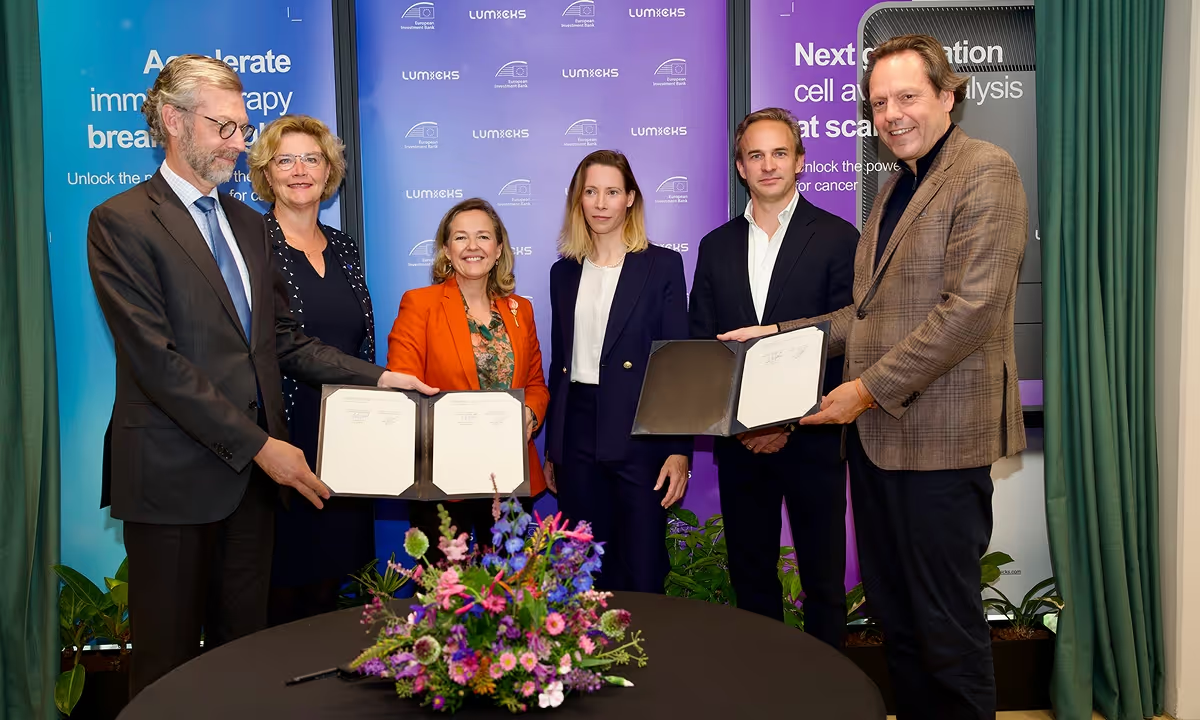




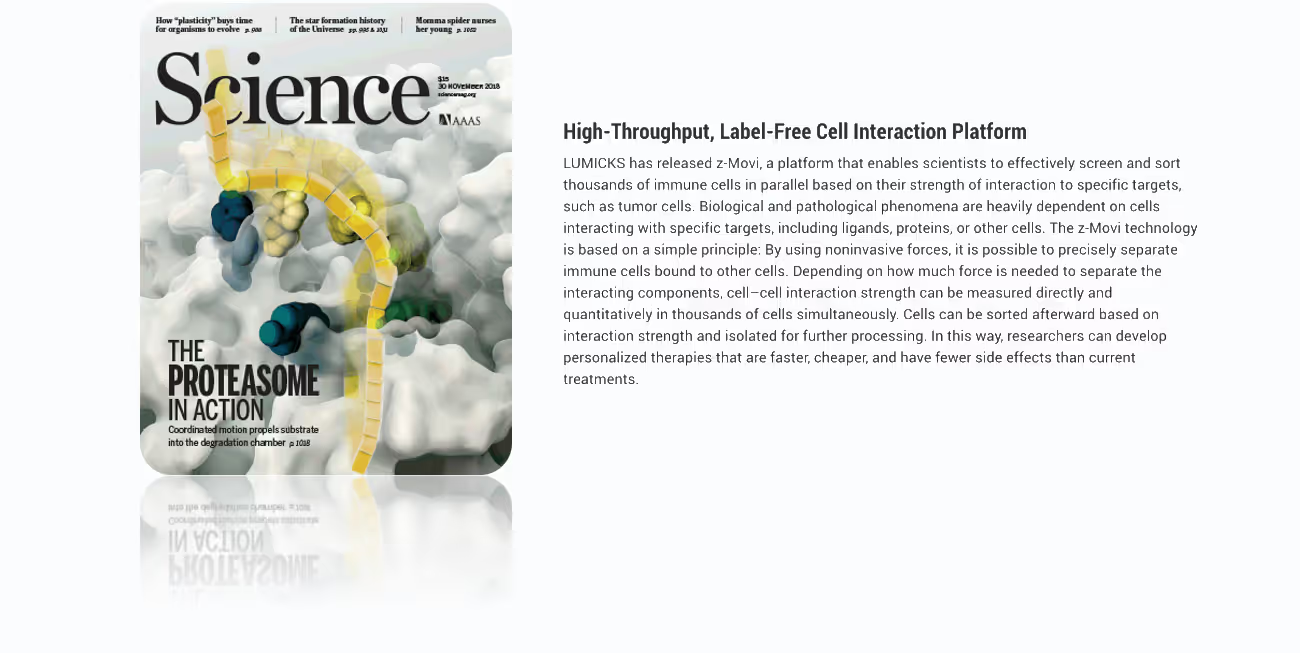


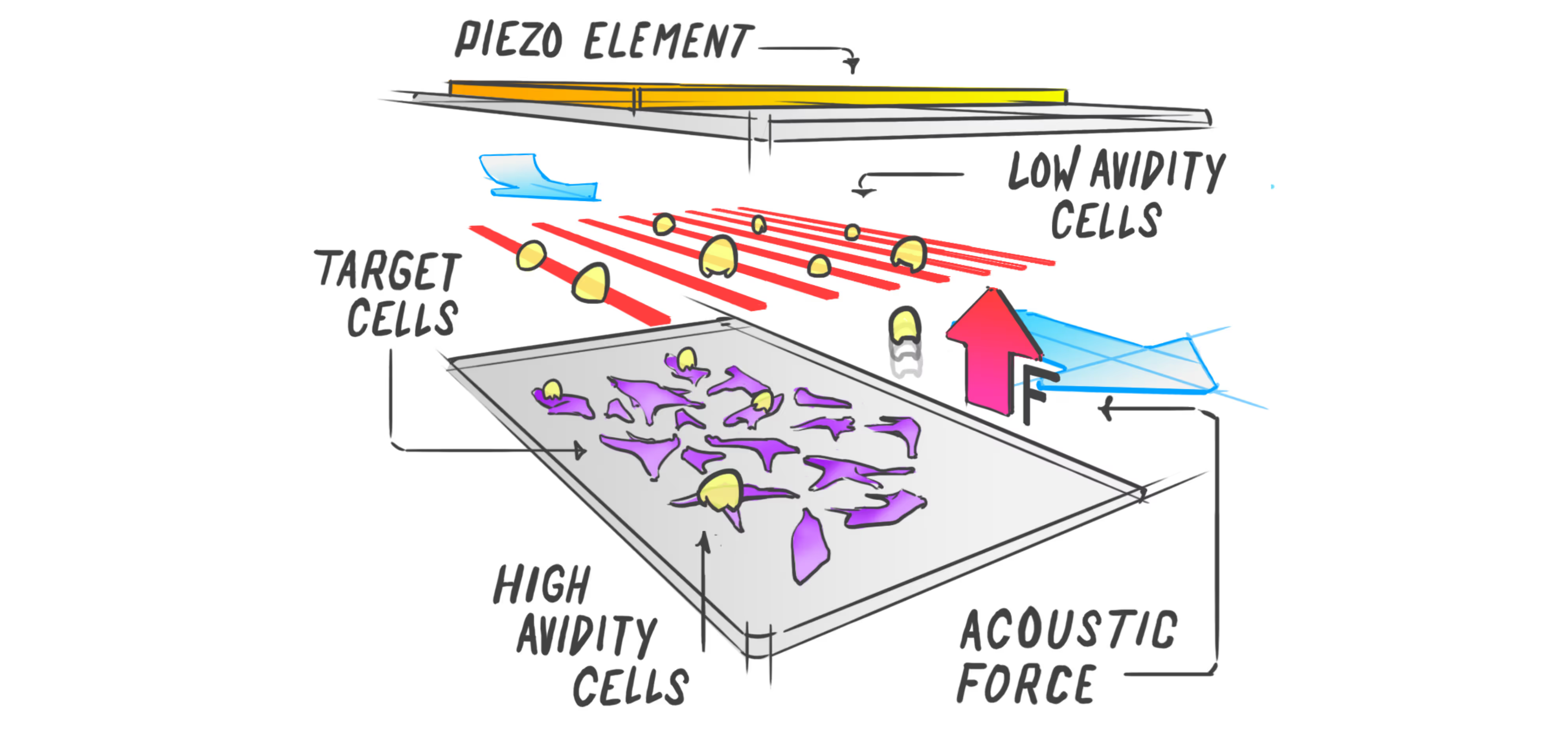
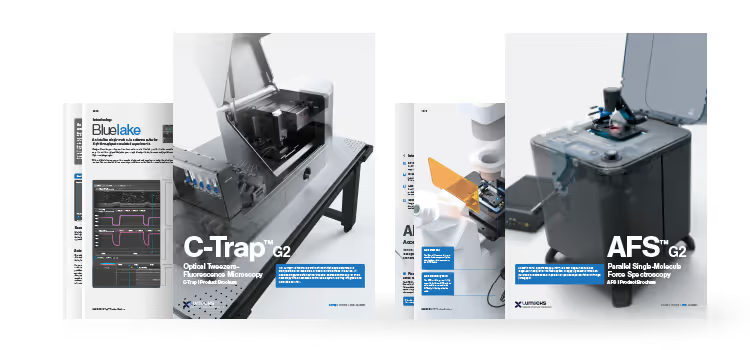


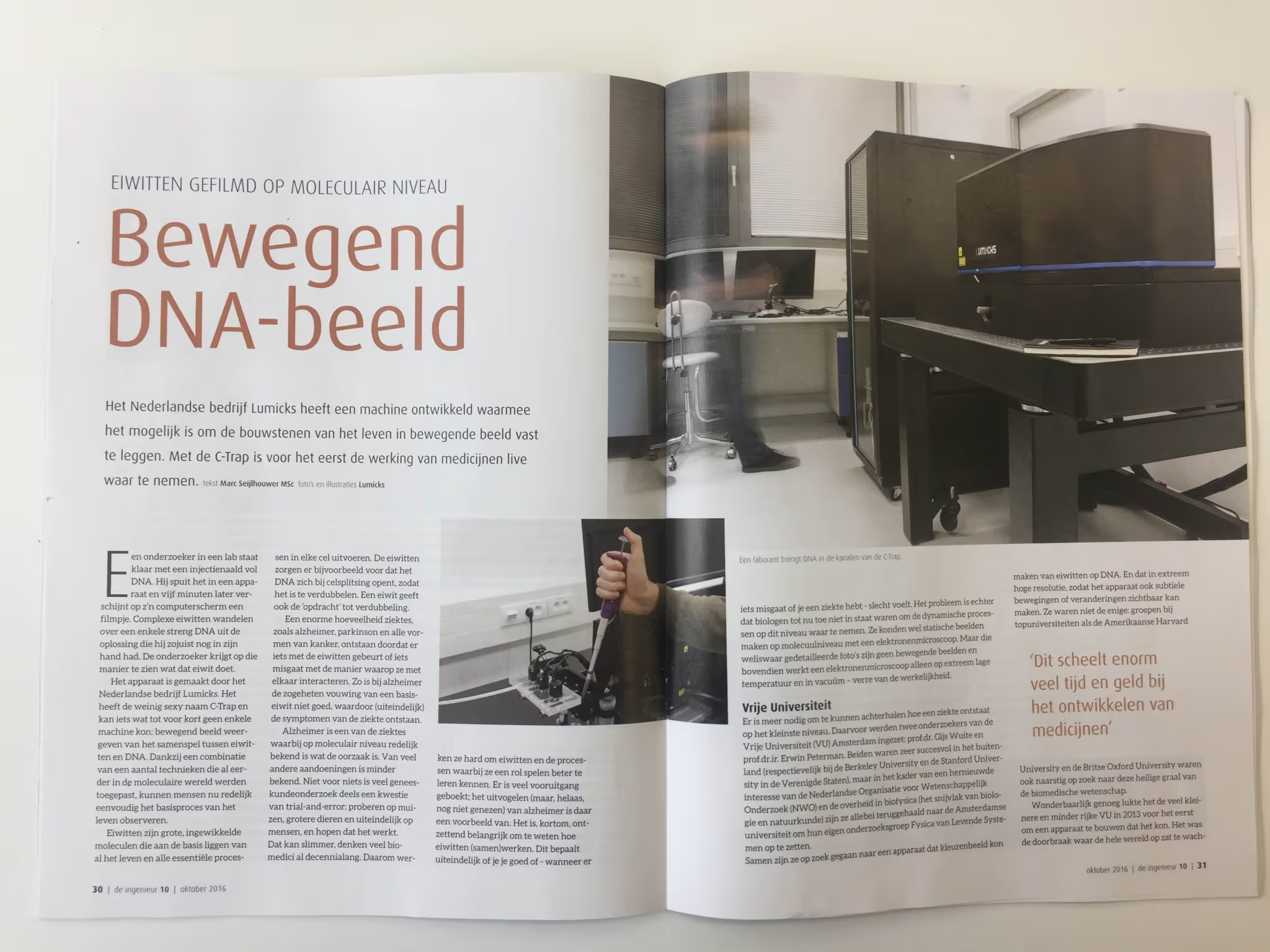







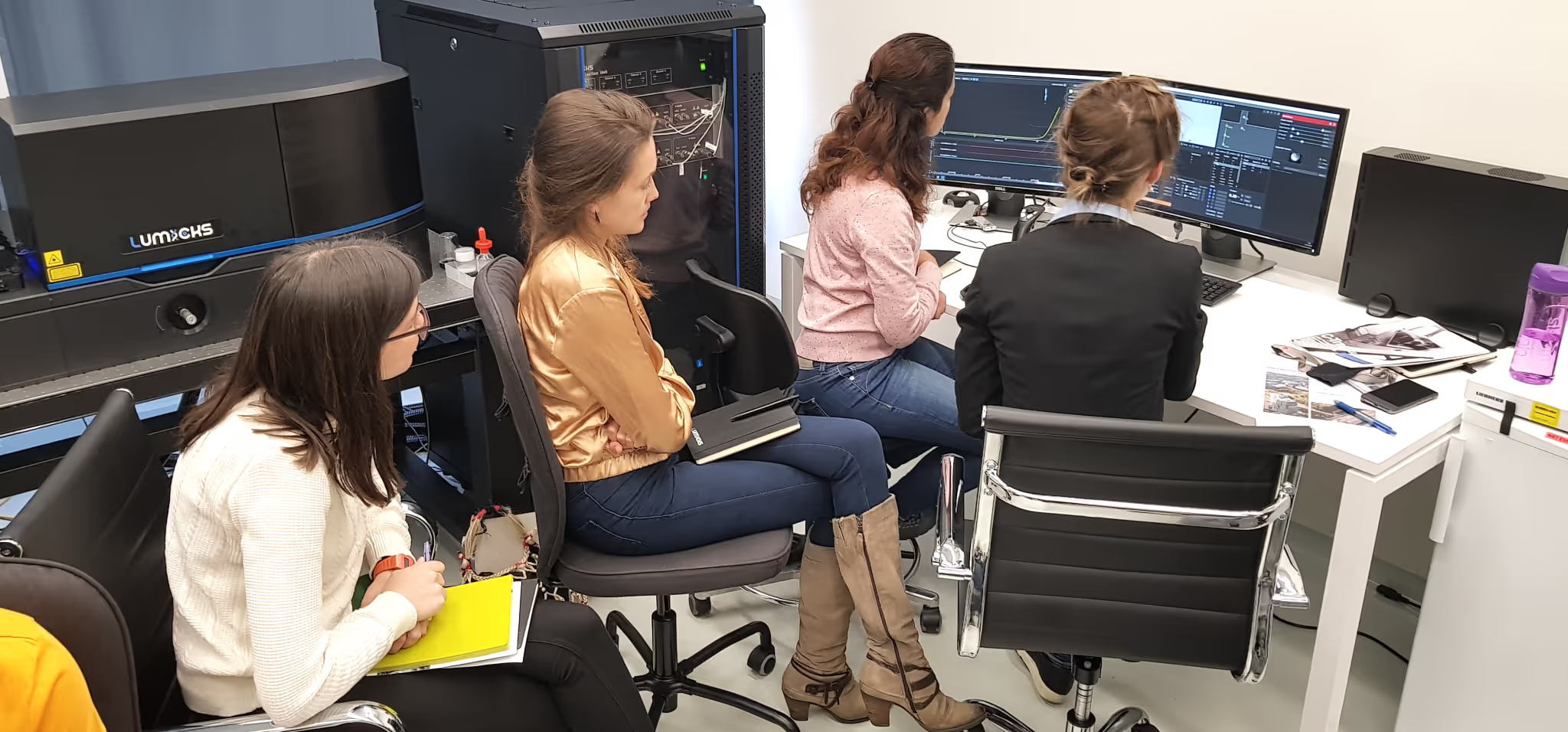



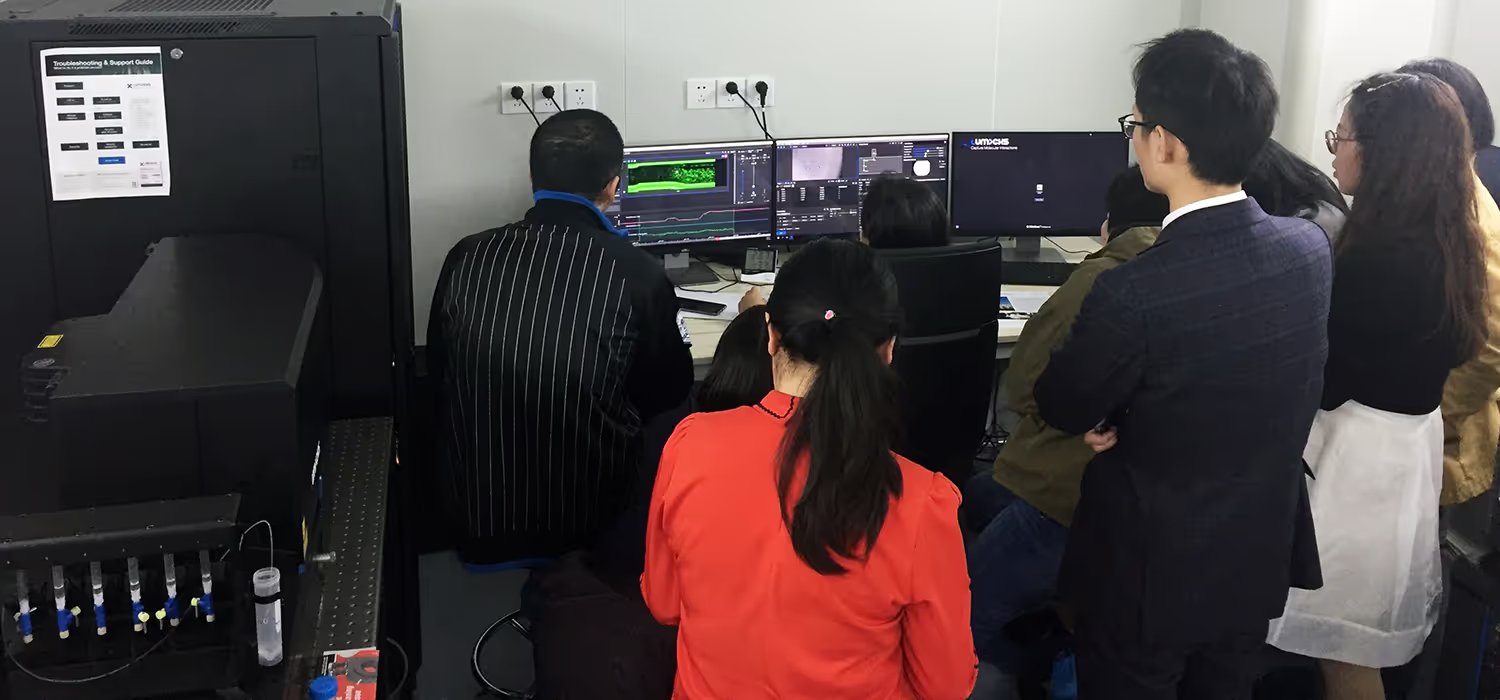
.avif)


